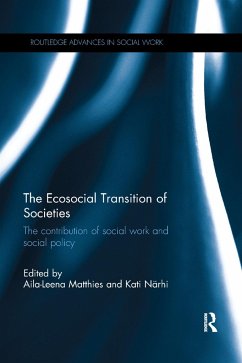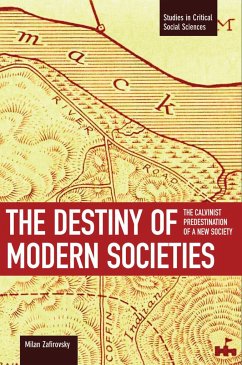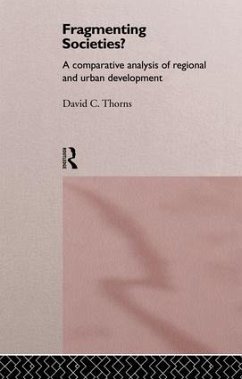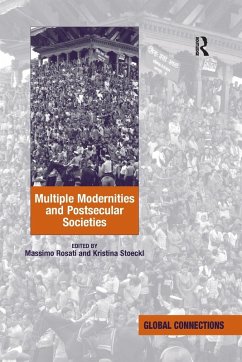
The Role of Religion in Modern Societies

PAYBACK Punkte
35 °P sammeln!
Does modernization lead to the decline of religion? This question lies at the centre of a key debate in the sociology of religion. During the past decade American scholars, using primarily American data, have dominated this debate and have made a strong case that the answer to this question is no. Recently, however, a new crop of European scholars, working with new sources of European data, have uncovered evidence that points toward an affirmative answer. This volume pays special attention to these trends and developments to provide the reader with a more well-rounded understanding of the many...
Does modernization lead to the decline of religion? This question lies at the centre of a key debate in the sociology of religion. During the past decade American scholars, using primarily American data, have dominated this debate and have made a strong case that the answer to this question is no. Recently, however, a new crop of European scholars, working with new sources of European data, have uncovered evidence that points toward an affirmative answer. This volume pays special attention to these trends and developments to provide the reader with a more well-rounded understanding of the many ways in which religion interacts with modernization. Respected scholars such as David Voas, Steve Bruce and Anthony Gill examine modern societies across the world in this splendid book which will interest sociologists, political scientists, historians, and theologians in equal measure.














